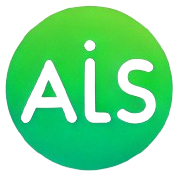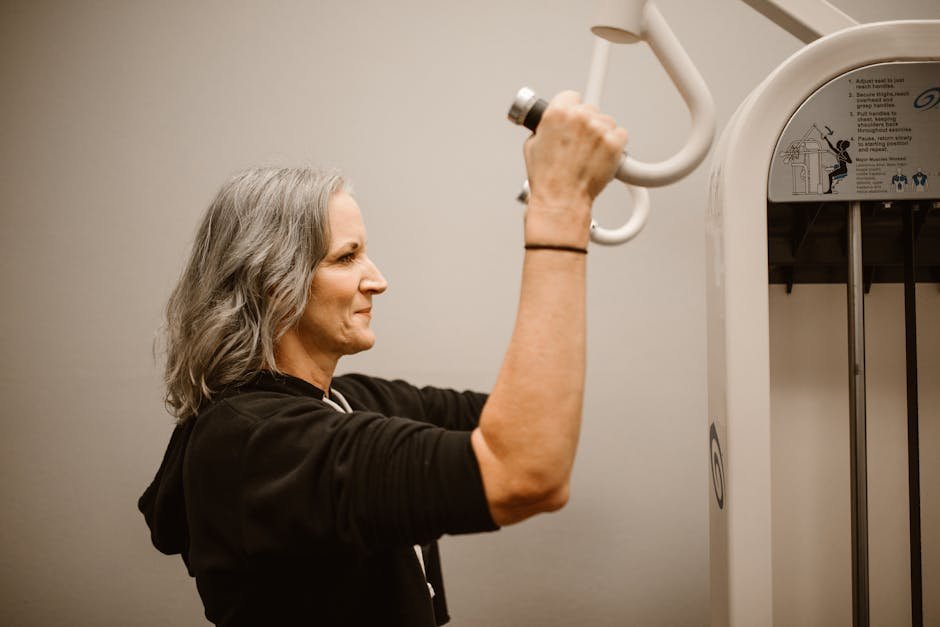Unlocking 7 Hidden Gems for Postpartum Mental Health Support
Welcome to the beautiful and challenging journey of motherhood! Bringing a new life into this world is undeniably a miraculous experience, but it also comes with its set of unique challenges, especially when it comes to postpartum mental health. The postpartum period can be overwhelming and exhausting, both physically and emotionally, and it’s crucial for new mothers to prioritize their mental well-being in addition to caring for their newborn.
The Importance of Postpartum Mental Health
Postpartum mental health is a critical aspect of a new mother’s overall well-being. The hormonal changes, lack of sleep, physical recovery, and the demands of caring for a newborn can significantly impact a woman’s mental health. It’s not uncommon for new mothers to experience feelings of sadness, anxiety, guilt, or even depression during the postpartum period.
Ignoring these feelings or trying to push through without seeking help can have long-term consequences on both the mother and her baby. Therefore, it’s essential to recognize the signs of postpartum mental health challenges and seek support when needed.
Hidden Gems for Postpartum Mental Health Support
While postpartum mental health support is becoming more recognized and accessible, there are still some hidden gems that new mothers may not be aware of. These lesser-known resources and practices can provide valuable support and assistance during this crucial time. Let’s unlock seven hidden gems for postpartum mental health support:
1. Online Therapy Platforms
Online therapy platforms offer a convenient and accessible way for new mothers to seek professional mental health support from the comfort of their homes. These platforms connect individuals with licensed therapists who specialize in postpartum mental health and can provide counseling, guidance, and support through virtual sessions.
Platforms like BetterHelp, Talkspace, and 7 Cups offer affordable therapy options and flexible scheduling to accommodate the busy lives of new mothers. Online therapy can be particularly beneficial for mothers who may find it challenging to attend in-person therapy sessions due to childcare responsibilities or other commitments.
2. Postpartum Doulas
Postpartum doulas are trained professionals who provide physical, emotional, and informational support to new mothers during the postpartum period. While many people are familiar with birth doulas who support women during labor and delivery, postpartum doulas focus on caring for the mother and her baby after childbirth.

Postpartum doulas offer a range of services, including breastfeeding support, newborn care education, light household chores, emotional support, and referrals to additional resources. Having a postpartum doula can greatly alleviate the stress and pressure that new mothers may experience during the challenging postpartum period.
3. Postpartum Support Groups
Joining a postpartum support group can be incredibly beneficial for new mothers who may feel isolated or overwhelmed during the postpartum period. These groups provide a safe and supportive environment for women to share their experiences, connect with others who are going through similar challenges, and receive encouragement and solidarity.
Many hospitals, community centers, and online platforms offer postpartum support groups led by healthcare professionals or trained facilitators. Attending these support groups can help new mothers feel less alone, normalize their experiences, and gain valuable insights and coping strategies from others in similar situations.
4. Mindfulness and Meditation Apps
Practicing mindfulness and meditation can have profound benefits for mental health, especially during the postpartum period when stress and anxiety levels are high. Mindfulness and meditation apps like Headspace, Calm, and Insight Timer offer guided meditation sessions, breathing exercises, and relaxation techniques that can help new mothers manage their emotions and cultivate inner peace.
Carving out just a few minutes each day to practice mindfulness or meditation can have a significant impact on mental well-being, allowing new mothers to find moments of calm and clarity amidst the chaos of early motherhood.
5. Exercise and Movement Classes
Regular physical activity is not only essential for physical health but also plays a crucial role in supporting mental well-being, especially for new mothers experiencing postpartum blues or anxiety. Engaging in exercise and movement classes specifically designed for postpartum women can help boost mood, increase energy levels, and promote overall emotional wellness.

Yoga, Pilates, postnatal fitness classes, and even gentle walks with the baby in a stroller can all be beneficial forms of exercise for postpartum women. Many local fitness studios and community centers offer postpartum exercise classes tailored to the unique needs and challenges of new mothers.
6. Nutrition and Meal Planning Services
Proper nutrition plays a vital role in supporting overall health and well-being, particularly during the postpartum period when new mothers need additional nourishment to recover from childbirth and support breastfeeding. However, preparing nutritious meals and snacks can be challenging for new mothers juggling childcare, household responsibilities, and self-care.
Utilizing nutrition and meal planning services or working with a nutritionist who specializes in postpartum health can help new mothers make healthy food choices, simplify meal preparation, and ensure they are getting the essential nutrients their bodies need during this critical time. Meal delivery services, meal planning apps, and online nutrition consultations are convenient options for busy new mothers.
7. Creative Therapies
Creative therapies, such as art therapy, music therapy, dance therapy, and drama therapy, can offer new mothers unique and expressive ways to explore their emotions, process their experiences, and promote healing during the postpartum period. These modalities provide alternative outlets for self-expression and reflection beyond traditional talk therapy.
Engaging in creative therapies can help new mothers tap into their creativity, release emotional tension, and connect with their inner selves in a nurturing and non-judgmental environment. Many mental health practitioners and wellness centers offer creative therapy sessions specifically tailored to the needs of postpartum women.
Conclusion
The postpartum period is a time of significant transition and adjustment for new mothers, both physically and emotionally. Prioritizing mental health support during this vulnerable time is crucial for ensuring the well-being of both the mother and her baby. By exploring these hidden gems for postpartum mental health support, new mothers can access valuable resources, tools, and practices to navigate the challenges of early motherhood with grace and resilience.
Remember, seeking help is a sign of strength, not weakness. Embrace these hidden gems and empower yourself to prioritize your mental health as you embark on this beautiful journey of motherhood.

